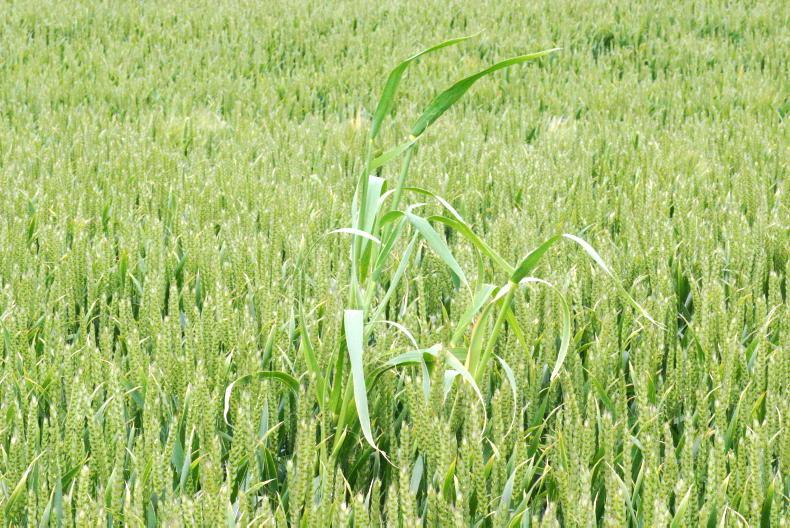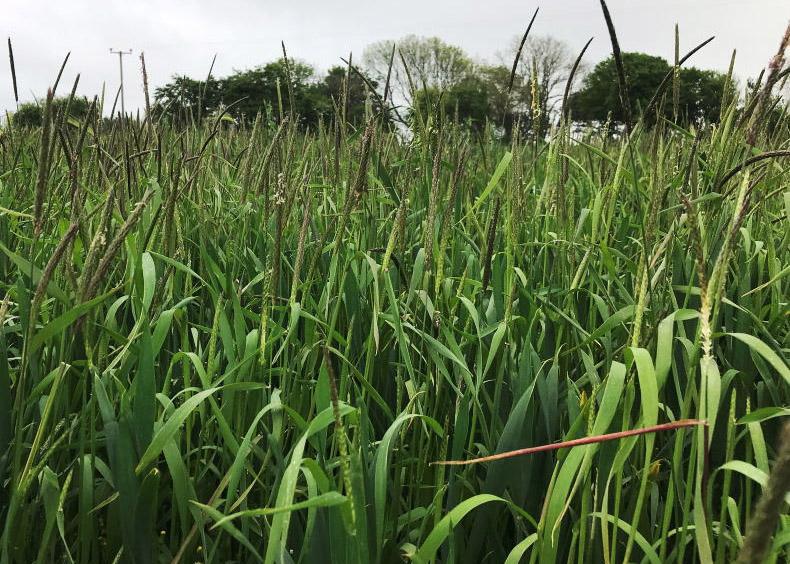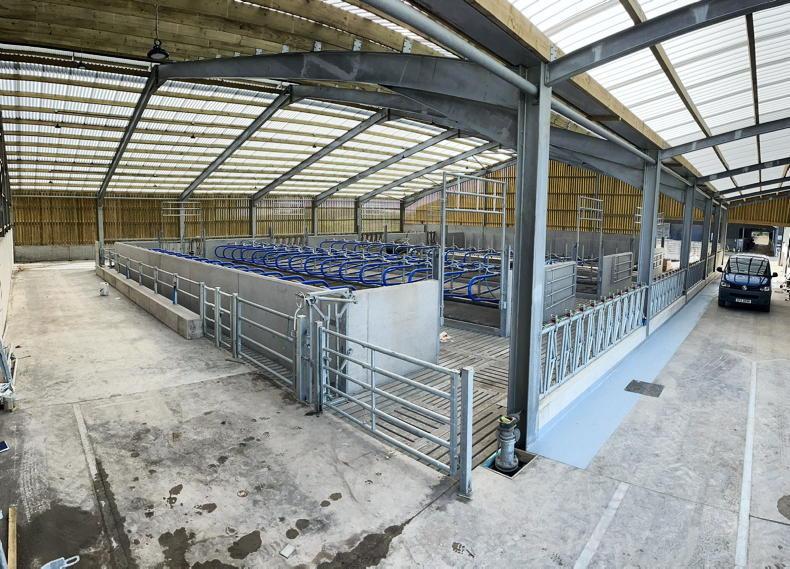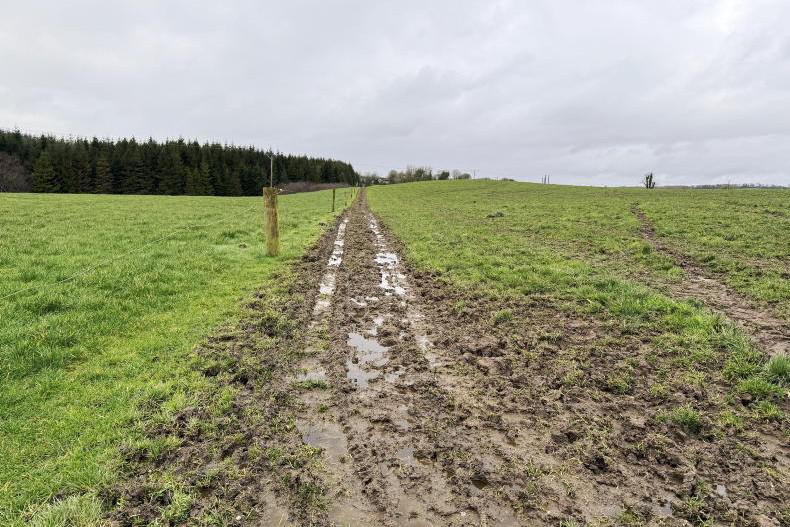Many contractors report farmers making contact earlier than previous years to get wild bird cover parcels sown.
A significant percentage of the approximate 20,000ha area devoted to the crop under the Green Low-Carbon Agri-Environmental Scheme (GLAS) is sown in more marginal type ground that would normally be later to dry in summer and pushes tilling date back to mid- to late-May.
Farmers are taking advantage of the excellent ground conditions at present and this is leading to a spike in activity.
Species
The one-year mix must contain a cereal (oats, barley, wheat or triticale) and at least one species from the following: oilseed rape, linseed and mustard. The two-year mix must contain a cereal (oats, barley, wheat or triticale) and kale.
Where the two-year mix is sown, half the plot is sown with cereal and half the plot is sown with kale.
Remember, it is advisable not to sow it in alternative strips, as the cereal must be resown every year, while the kale will be resown in years three and five.
Farmers who sowed kale last year on one half of a wild bird cover plot should make sure it remains untouched this year. The kale should be resown in years three and five and remain in situ in years two and four.
Farm-saved seed
Farmers should also be aware of the rules surrounding the use of farm-saved seed (FSS). These rules apply to seed used for wild bird cover also. FSS is legally defined as seed planted on a farmer’s own holding using material harvested from that holding.
The regulation of the use of FSS in Ireland is governed by SI No.273/2007. Royalties at the rate of 50% of the sum charged for certified seed are payable on all FSS used by a grower. This applies whether the seed has been processed by a processor or not.
It is illegal to sell or barter home-saved seed. Royalties must be paid to the Plant Royalty Development Office (PVDO). The PVDO has inspectors on the road and farmers may be prosecuted in court and fined in line with SI No.273/2007 if they are found to be breaking these rules.








SHARING OPTIONS